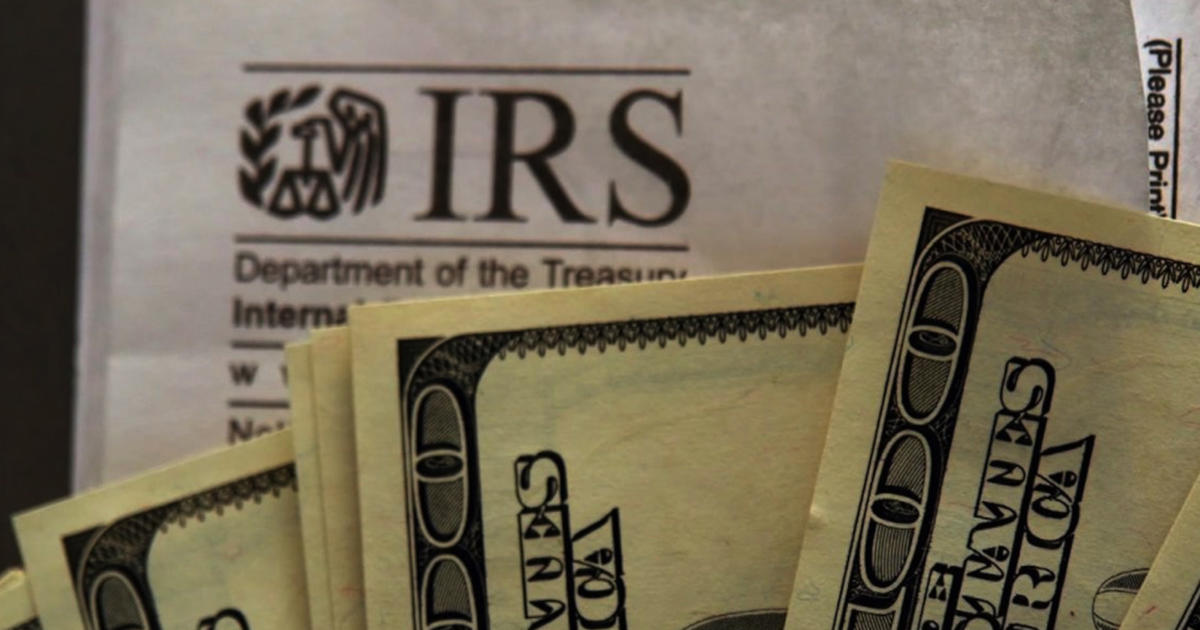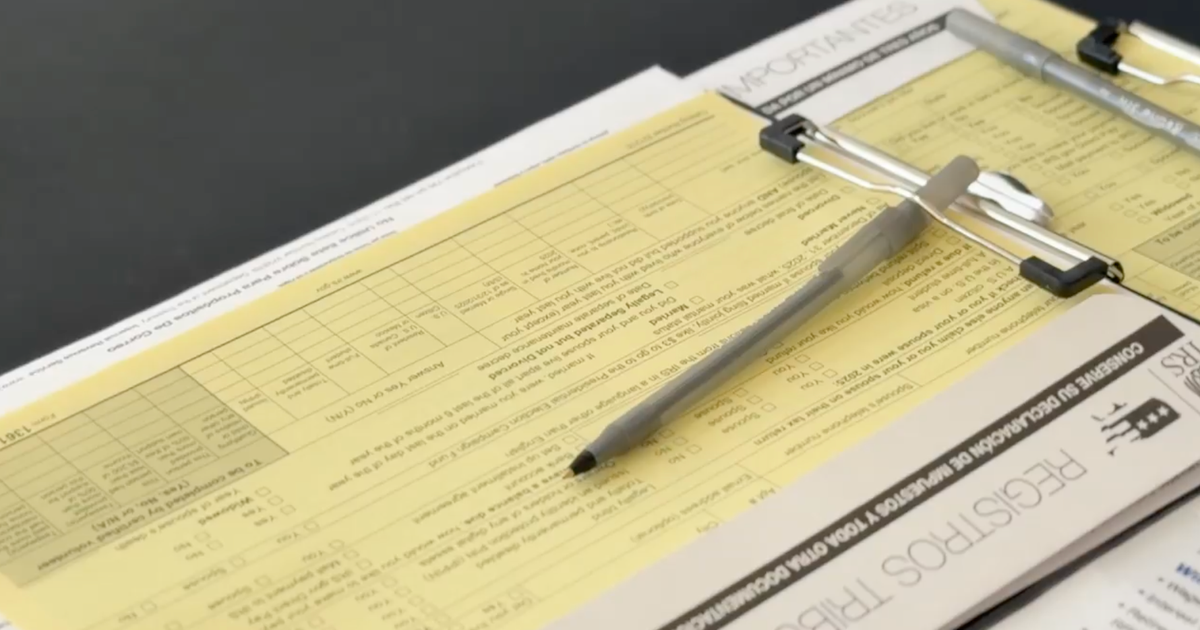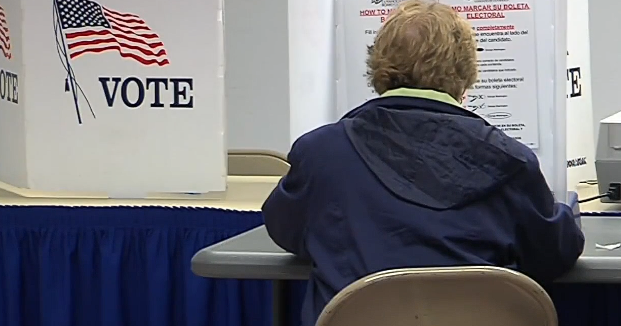Expert explains why winning the lottery isn't as much money as it appears
MINNEAPOLIS — Who wants to be a billionaire? Two dollars and whole lot of luck is all it will take.
The Mega Millions Jackpot is $1.22 billion dollars and possibly climbing in the hours leading up to Friday night's drawing. But in reality, that number is significantly lower once it reaches the winner.
If you were to take the winnings as a lump sum, it's actually around $549.7 million, according to the Mega Millions lottery, and it will drop further than that.
There are 2,781 billionaires in the world, as last reported by Forbes in April 2024. While the Mega Millions jackpot might lead you to believe that number will increase by one, you'd be wrong.
First off, the lump sum option is $549.7 million, less than half of the annuity jackpot.
"The annuity stream gets you to $1.22 billion or whatever it's going to be when the final numbers come out, and that cash option is what the lottery would invest to equate to that annuity," says senior wealth advisor Cody Warren.
Essentially, the Mega Millions lottery has $549.7 million dollars on hand right now, which you can take as a lump sum or allow them to invest over time while getting yearly payouts for the next 30 years.
Let's say the winner takes the lump sum. Now it's time for the federal government's cut. The IRS requires lottery agencies to withhold a 24% tax on winnings greater than $5,000.
At 24%, that means the IRS would take $132.9 million, bringing the lump sum down to $417.7 million.
"Then there's Minnesota taxes on top of that," said Warren.
Minnesota's tax rate on winnings is 7.25% which, when applied to the lump sum, is $39.8 million. Once that is removed from the total, the lump sum payment is now $377.9 million.
"And then that's where the math gets kind of fuzzy because of how the IRS and tax system works," said Warren.
Most winners are likely thrust into the highest federal tax bracket, meaning they would pay 37% in federal income tax on any earnings over $609,350. That means the majority of their winnings would be subject to the highest tax amount.
When it's all said and done, your total winnings could be under $250 million, and that's before state income tax jumps in as well. It's a big dollar amount to suddenly win, but it's far from the $1.22 billion that's grabbing headlines.
To the person who wins, Warren said, "It's critical that you work with a professional. And not just one professional. You'll want an attorney, a tax advisor, a CPA, all of these people in your corner, plus a financial planner to say 'Let's run the numbers. Let's figure out what's best for your personal situation'."
The total winnings are higher if a person selects the annuity, but each yearly payment is taxed in the same way as the lump sum.








